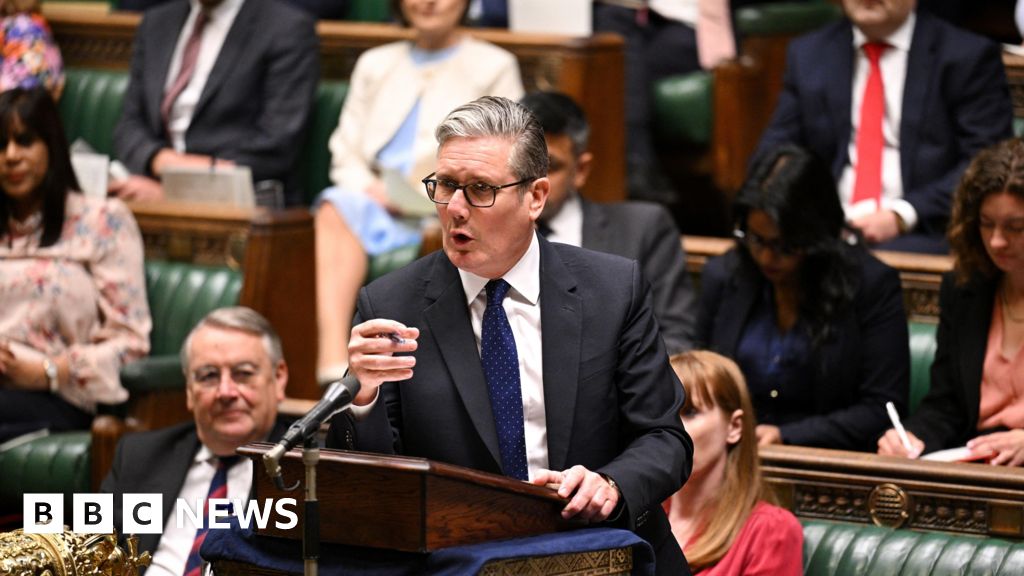MPs will vote on the government’s planned reforms to welfare later – with dozens of Labour MPs still planning to vote against them, despite concessions from ministers.
The Conservatives have said they will oppose the plans as they are not “serious reforms”.
The rebellion’s scale has ebbed and flowed. Last week, more than 120 Labour MPs signed an amendment that would have killed the proposals outright, an extraordinary threat of defeat for a government with a landslide majority.
Now a replacement amendment, supported by disability charities, has attracted around 35 Labour MPs. It suggests that last-minute concessions may have reduced the potential for a government loss – but not comfortably.
A number of MPs have expressed concerns about a promised review of personal independence payment (Pip) assessments, after Work and Pensions Secretary Liz Kendall announced on Monday that it would only report back around the same time that the proposed changes were introduced.
Labour Chief Whip Sir Alan Campbell reportedly told a regular meeting of the parliamentary party last night that they should “act as a team” and government efforts at persuasion are expected to continue up until the vote itself, which is due this evening.
Under the current government concessions people who currently receive Pip or the health element of universal credit will continue to do so. But future claimants will still be affected by the reforms.
The Conservative leader, Kemi Badenoch, told the BBC her party would vote against the measures
“The benefits bill is too high,” she said.
“It was 40bn just before Covid. It is now projected to be a 100bn by 2030. And what Labour is doing is not making any savings at all. It’s just reducing the rate of increase. That’s why we are not supporting it.”
Other criticism of the government proposals has been diverse, with some saying the reforms will not be as effective as the government hopes.
“I strongly believe that these kind of punitive measures of cutting welfare are not going to have the outcomes that we’ve been told they will,” said Olivia Blake, Labour MP for Sheffield Hallam, who is disabled and opposes the reforms.
“I think it will just be about saving money but will actually move spending into areas such as housing services, the NHS and social care,” she told BBC Newsnight.
Blake added that some MPs were still considering their vote, saying the rebellion would be “more significant than maybe people realise”.
Kendall defended the bill in the House of Commons on Monday, saying it aligned with MPs’ shared values around providing support to those that could work while protecting those that cannot.
Modelling published by Department for Work and Pensions suggested around 150,000 people might be pushed into poverty by 2030 because of the welfare cuts – lower than the original 250,000 figure estimated before the government made the concessions.
Sir Stephen Timms is slated to conduct the report that was among the concessions. He told BBC Newsnight that the net effect of the government’s policies would reduce poverty – including the measures to help people into work. He also stressed the need to make Pip sustainable in the future.
The Conservatives have criticised the cost of the bill while the Liberal Democrats have called for proposals to be suspended so they can be further looked at.
The government had hoped to save £5bn a year by 2030 before the concessions. These are now likely to cost around £3bn, according to the Resolution Foundation think tank.
(Except for the headline, this story has not been edited by PostX News and is published from a syndicated feed.)

